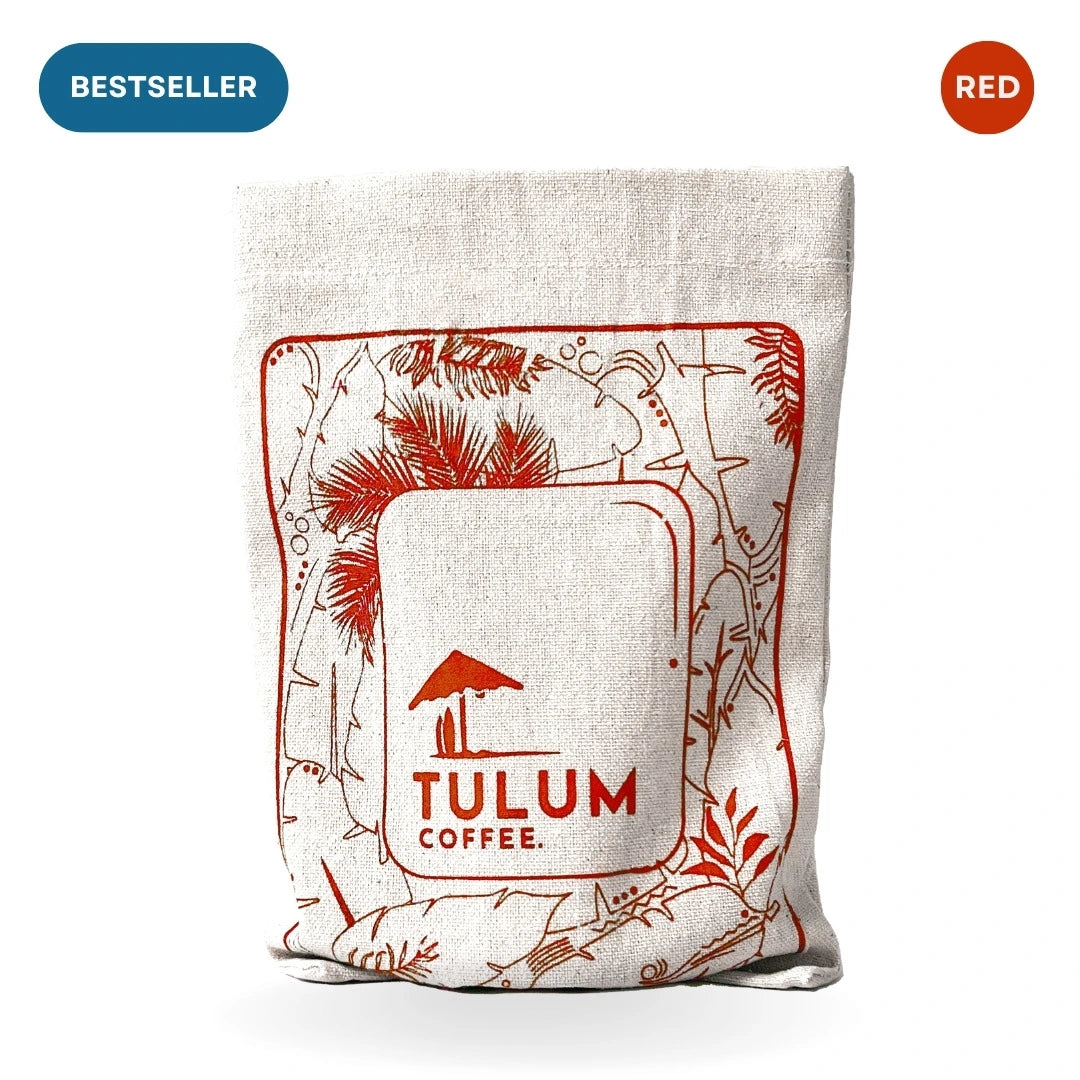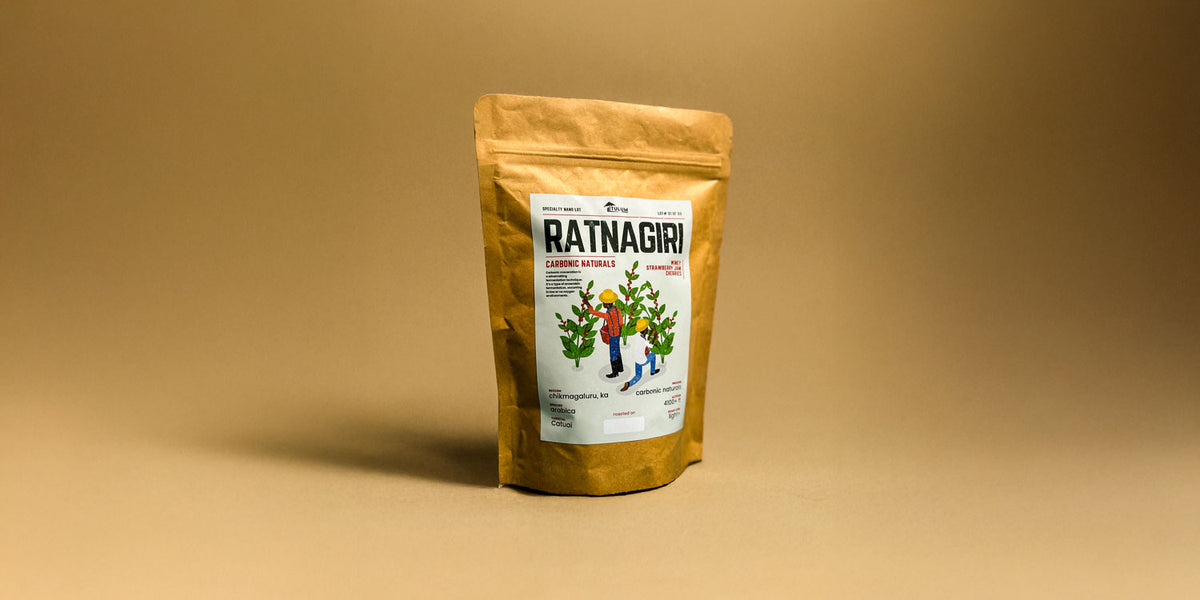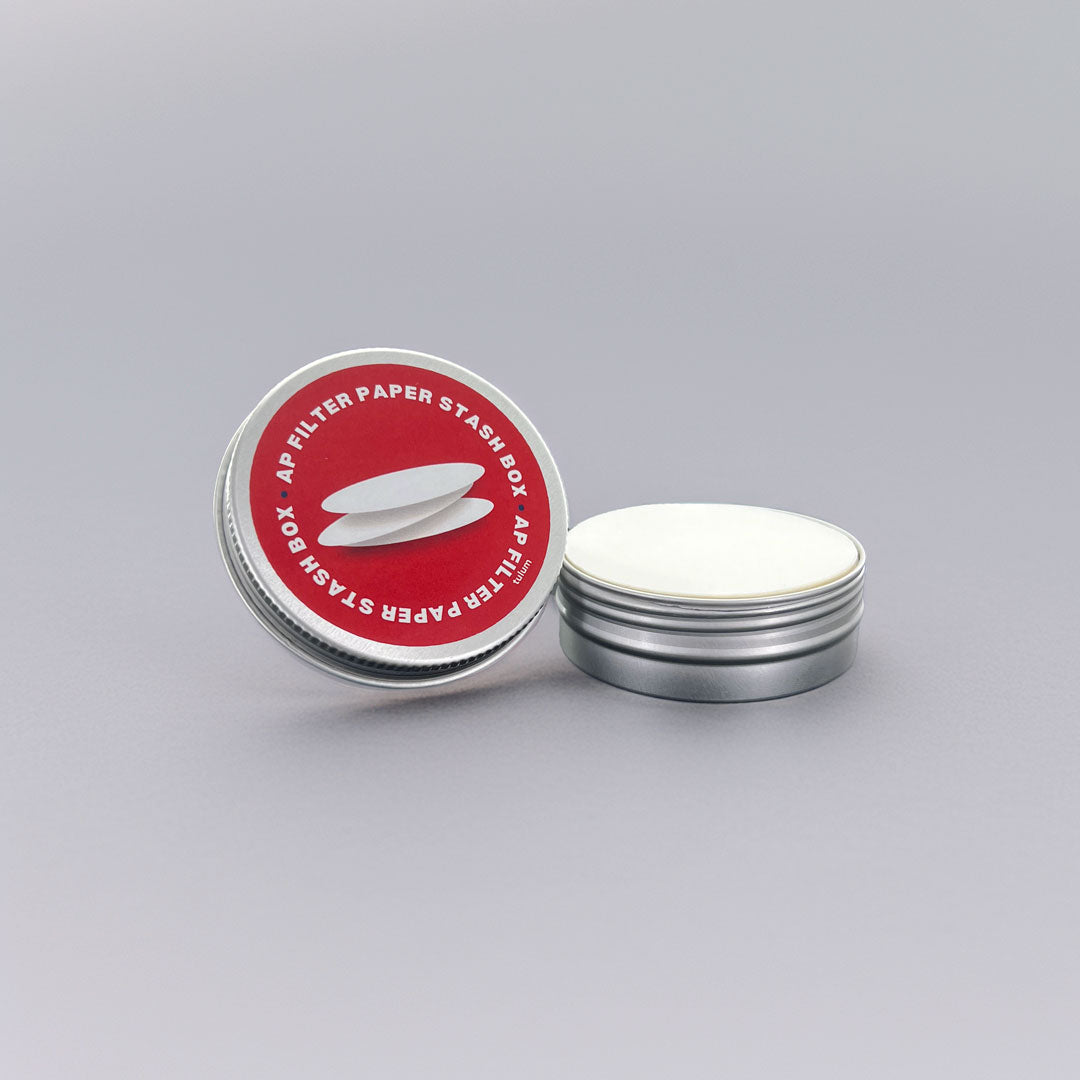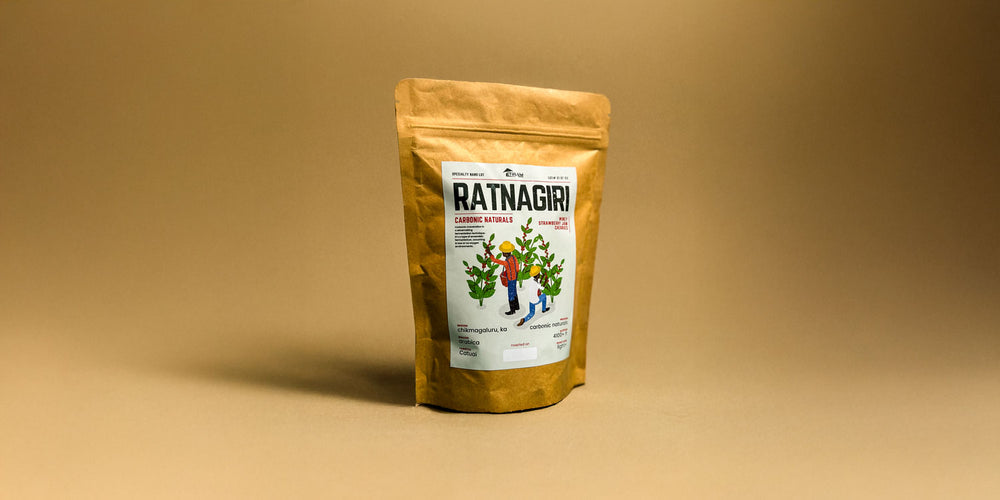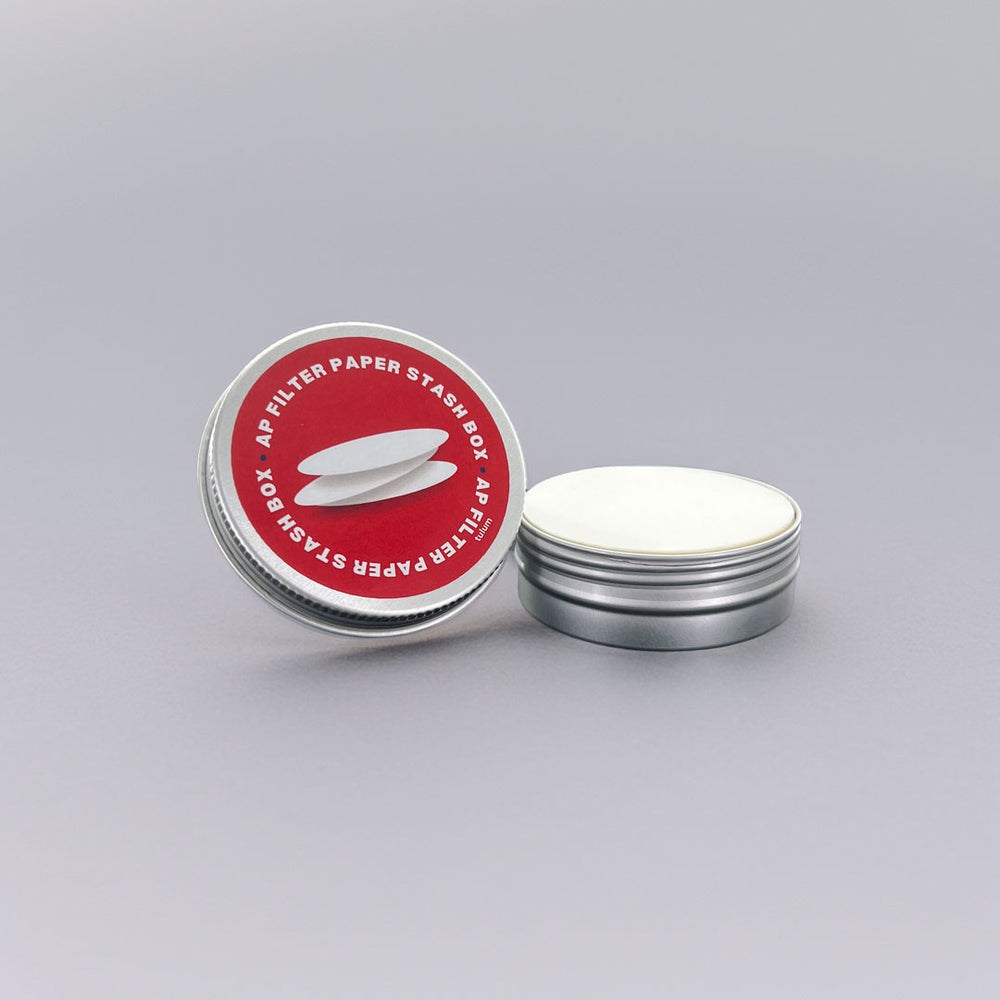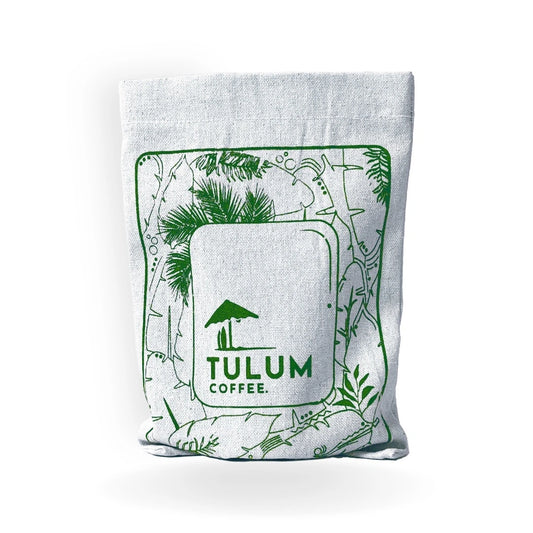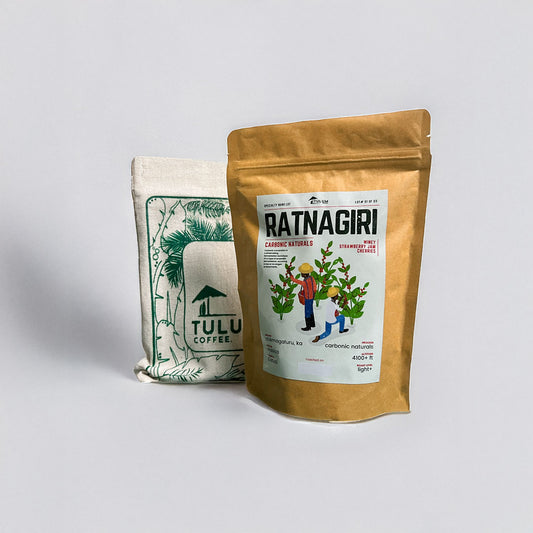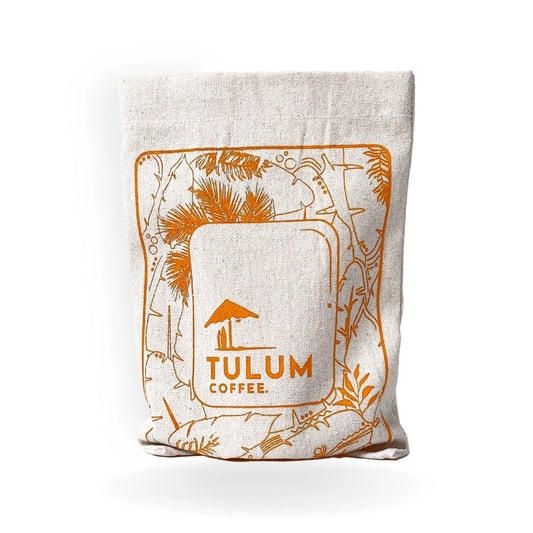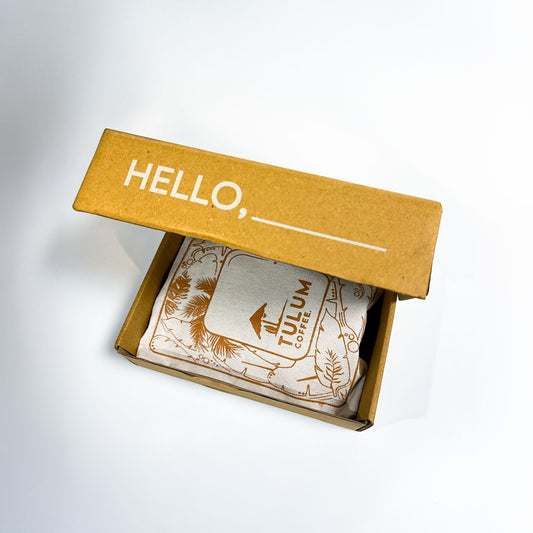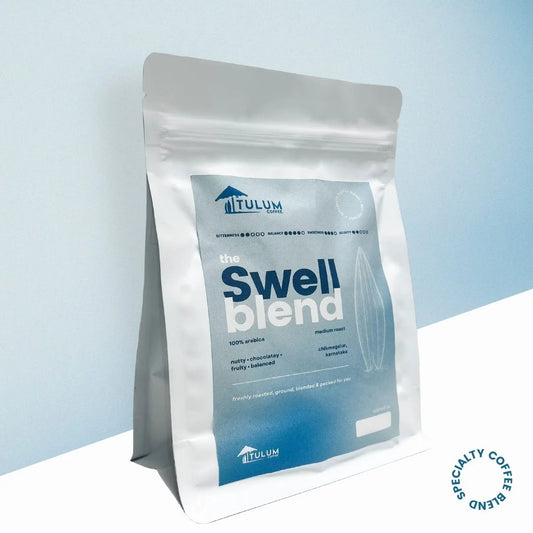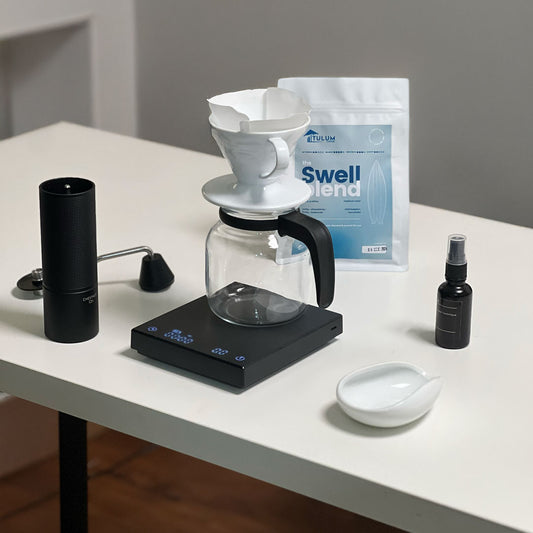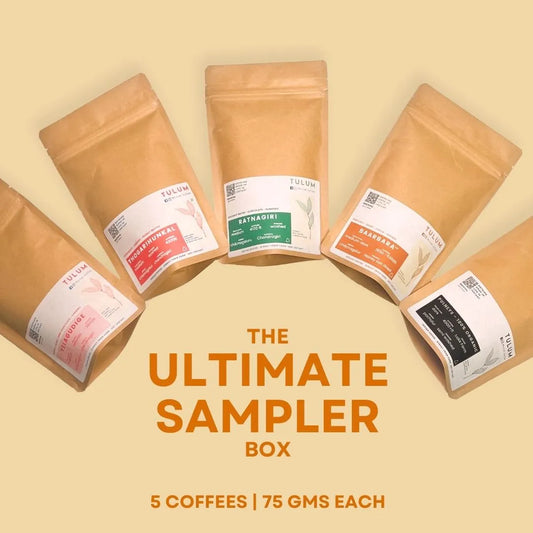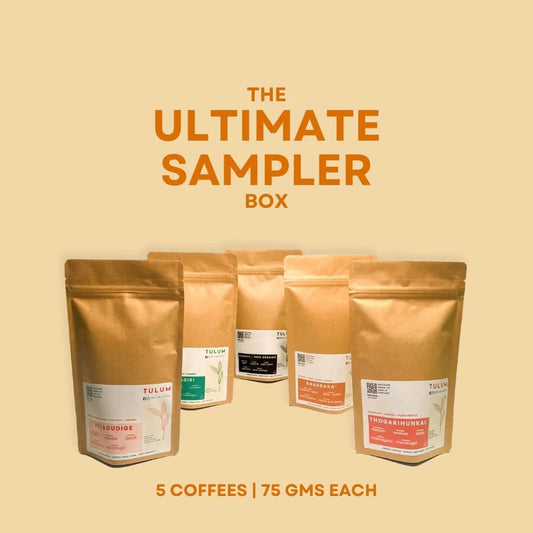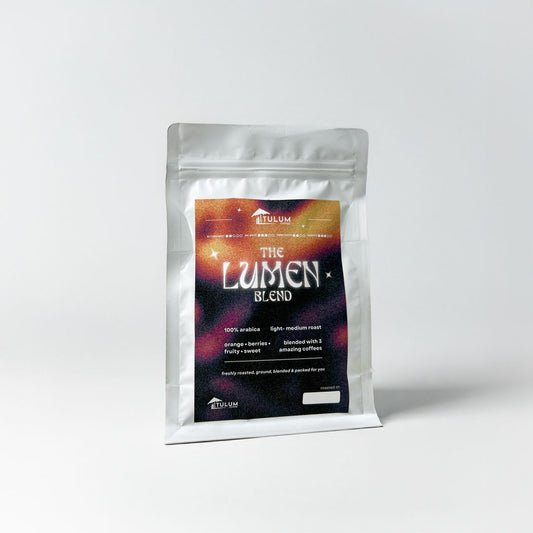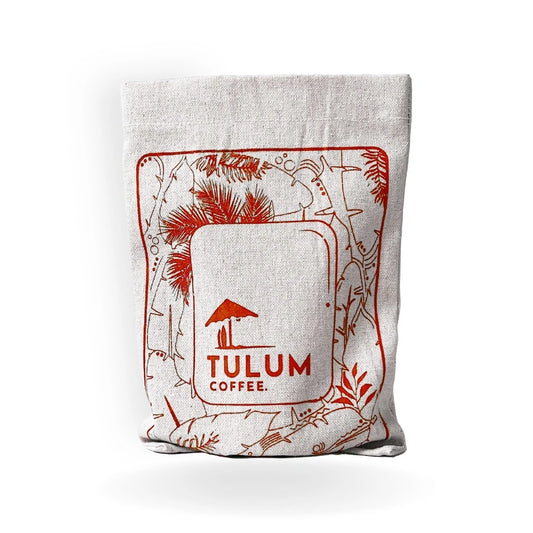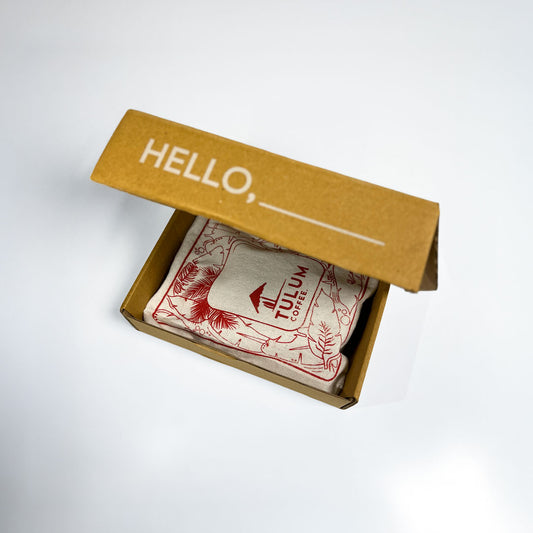7 Reasons Why It's Vital to Weigh Your Coffee and Water
Share
In the world of coffee brewing, precision matters. The art of making the perfect cup of coffee involves more than just grinding and brewing; it's about the meticulous measurement of coffee grounds and water. While some may argue that eyeballing it is sufficient, seasoned baristas and coffee enthusiasts know that weighing your coffee and water is a crucial step in achieving consistent, exceptional brews. In this article, we'll explore seven compelling reasons why it's vital to weigh your coffee and water for that morning pick-me-up.
1. Precision in Flavor
When you weigh your coffee grounds, you ensure that you are using the exact amount required for your chosen brewing method. Each method, whether it's pour-over, French press, or espresso, demands a specific coffee-to-water ratio for optimal flavor extraction. Precision in measuring your coffee ensures that you're not overpowering or diluting your brew, resulting in a well-balanced and flavorful cup.
2. Consistency Is Key
Imagine this: you brew a fantastic cup of coffee one morning, but the next day it tastes completely different. Inconsistent coffee can be disappointing. Weighing your coffee and water guarantees that you replicate your preferred taste consistently. This is especially important for coffee shops, where customers expect the same quality every visit.
3. Avoid Over-Extraction
Over-extraction occurs when coffee grounds are exposed to too much water for too long, resulting in a bitter and unpleasant brew. By weighing your coffee, you can control the amount of water used, preventing over-extraction and ensuring a smoother, more enjoyable cup.
4. Prevent Under-Extraction
On the flip side, under-extraction happens when there isn't enough contact time between the coffee grounds and water. This leads to a weak, insipid brew. Weighing your coffee ensures that you use enough coffee grounds to achieve the desired strength, avoiding under-extraction.
5. Cost Efficiency
Weighing your coffee allows you to use just the right amount, reducing wastage. Coffee beans can be expensive, and using excess coffee grounds not only affects your wallet but also contributes to unnecessary waste. By being precise, you make the most of your coffee supply.
6. Experimentation and Creativity
For those who love to experiment with different coffee beans and brewing methods, weighing your coffee and water provides a stable foundation for creativity. You can adjust the variables more accurately and fine-tune your brew to discover new and exciting flavors.
7. How to Measure Without a Weighing Scale
But what if you're on the go or don't have a weighing scale handy? Fret not! You can still achieve a balanced brew. Use common kitchen items like teaspoons and tablespoons to estimate measurements. While it might not be as accurate as a scale, it's a reliable alternative when you're in a pinch.
| Coffees | Grind Size | Teaspoon (gm) | Tablespoon (gm) |
|
PULNEYS (DARK ROAST)
|
Fine Grind | 1.3 | 5.2 |
| Medium Grind | 1.3 | 4.3 | |
| Coarse Grind | 1.6 | 4.3 | |
|
BAARBARA ( MEDIUM- DARK ROAST)
|
Fine Grind | 1.2 | 3.9 |
| Medium Grind | 1.1 | 4.3 | |
| Coarse Grind | 1.3 | 4.1 | |
|
THOGARIHUNKAL (MEDIUM ROAST)
|
Fine Grind | 1.5 | 4.1 |
| Medium Grind | 1.3 | 4.2 | |
| Coarse Grind | 1.7 | 4.4 | |
|
YELAGUDIGE (MEDIUM ROAST)
|
Fine Grind | 1.3 | 4.2 |
| Medium Grind | 1.3 | 4 | |
| Coarse Grind | 1.4 | 3.8 | |
|
RATNAGIRI (LIGHT ROAST)
|
Fine Grind | 1.3 | 4.6 |
| Medium Grind | 1.5 | 5 | |
| Coarse Grind | 1.7 | 4.8 |
Conclusion
In the world of coffee, precision is the key to unlocking the full potential of your beans. Weighing your coffee and water ensures that you achieve consistency, prevent over and under-extraction, save on costs, and elevate your coffee experience. So, the next time you prepare your morning brew, don't underestimate the importance of a good scale. Embrace precision and watch your coffee game reach new heights.
FAQs
- Q: Can't I just use a measuring scoop instead of weighing my coffee?
- A: While a scoop can give you a rough estimate, weighing provides greater accuracy, especially for different bean densities.
- Q: Do I need a fancy scale for this?
- A: Not necessarily a simple digital kitchen scale with a tare function works perfectly for most coffee enthusiasts.
- Q: Does the type of water I use matter?
- A: Yes, the quality of water can affect the taste of your coffee. Using filtered water is recommended.
- Q: Can weighing my coffee be beneficial for cold brew too?
- A: Absolutely. Precision is equally crucial for cold brew, ensuring a consistent flavor profile.
- Q: How can I find the ideal coffee-to-water ratio for my taste?
- A: Experiment! Start with recommended ratios and adjust until you find the perfect balance for your palate.
Now that you understand the importance of weighing your coffee and water, take your brewing skills to the next level and savor the delightful nuances of your favorite coffee beans.
